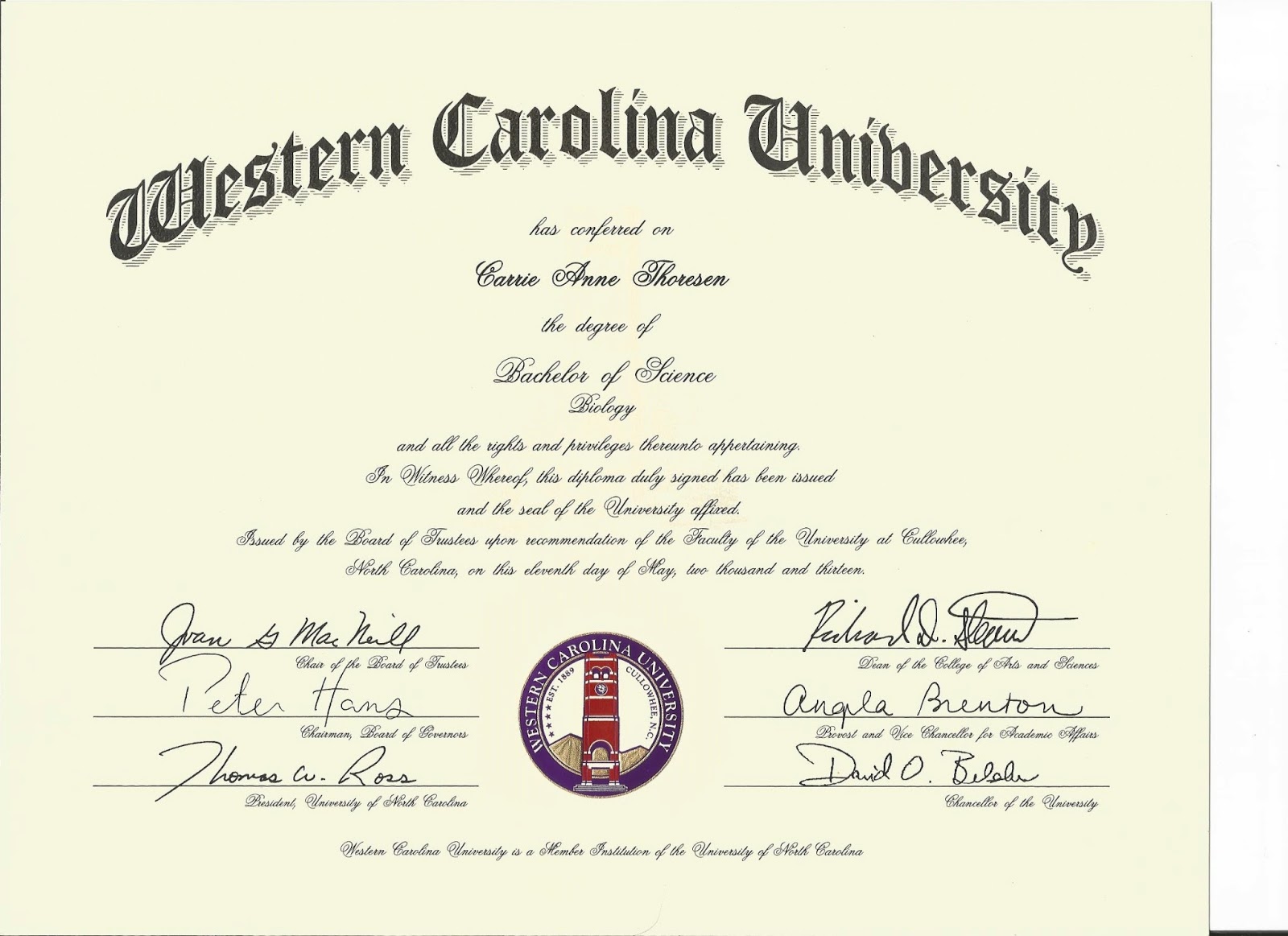

After completing the degree, graduates can work as lab technicians, pharmaceutical sales representatives, and biological technicians. The degree also incorporates general education coursework in introductory chemistry and physics.Įarning an associate degree typically takes two years. Students learn about basic concepts like cellular structures, microbiology, and genetics. Associate Degree in BiologyĪn associate degree in biology provides foundational training in the biological sciences. Students either complete a set curriculum or choose electives to specialize their certificates. Certificates at the undergraduate or graduate level often take one year or less to complete, depending on the program. Some universities also offer graduate certificates in biology, which provide advanced training in education or the biological sciences. This coursework strengthens analytical and research skills, laying the groundwork for careers in biology education, the health sciences, and laboratory science. During an undergraduate certificate, students typically take introductory courses in cellular biology, microbiology, and biochemistry. Professionals working in the health or medical sciences can benefit from certificate programs in biology. This section introduces common requirements and career paths for different biology degrees. However, online students still need to meet laboratory requirements, which they can usually do at a local site. Many colleges and universities offer online biology degrees, where distance learners typically complete the same coursework as on-campus biology majors. For example, a one-year certificate or two-year associate degree in biology trains students for roles as lab technicians and medical sales representatives, while a bachelor's in biology can lead to careers as microbiologists, bioengineers, and research associates.Īt the graduate level, biology students often conduct experimental research and gain advanced training in specializations like marine biology, evolutionary biology, and biochemistry, leading to careers in research or as university professors. Students can earn biology degrees at every educational level, with each emphasizing different skills and preparing for different careers. This guide explores biology degrees, major industries for biology graduates, and salary potential for various biology careers.


They also strengthen analytical, research, and critical thinking skills.Ī bachelor's in biology prepares graduates to work in research labs and healthcare settings. During a biology degree, students take specialized courses in areas like microbiology, genetics, biochemistry, and bioengineering. Studying biology is a great pathway to careers in medicine, horticulture, agriculture, zoology, or any field that studies living organisms.īiology majors study living organisms, including the smallest microscopic viruses and ecosystems, which can support thousands of species.


 0 kommentar(er)
0 kommentar(er)
